Palazzo del Bo Anatomical Theater
The world's oldest surviving anatomical theater, where "the dead are pleased to help the living."
Constructed in 1594 by Girolamo Fabricius Acquapendente, the anatomical theater at the University of Padua’s Palazzo del Bo is the oldest surviving dissection arena in the world. This 16th-century inscription still remains visible: “Hic locus ubi mors east gaudet succurrere vitae,” or “This is a place where the dead are pleased to help the living.” A room alongside the theater displays historic surgical tools.
The elliptical-shaped theater has six tiers carved from walnut with space for 300. Each bears down on the other so that students would have had a good view of the dissection table which is still in place, where dissections were performed on cadavers until 1872.
The famed anatomist Andreas Vesalius was a professor at the University of Padua from 1537-1543, and wrote his revolutionary text, De corporis humani fabrica during that time. He died in 1564, thirty years before the permanent theater was built. He used temporary theaters erected for public dissections and then taken down.
In addition to the architectural masterpiece of the anatomical theater, the Palazzo del Bo itself is a stunning place to visit. One of the oldest universities in Europe, it is overflowing with history, and you can find relics from its greatest lecturer — Galileo. His chair and lectern remain preserved in place.
Know Before You Go
Accessible by guided tour only.
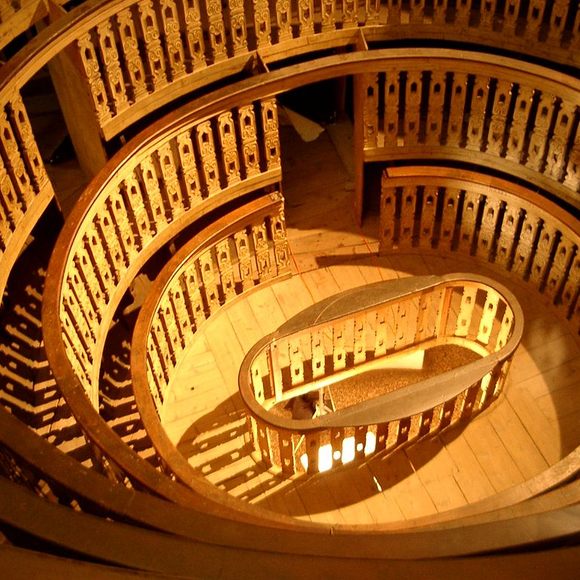

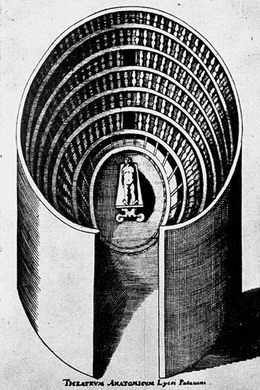




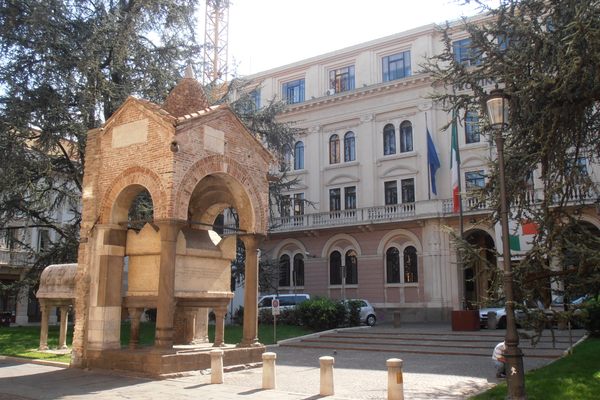
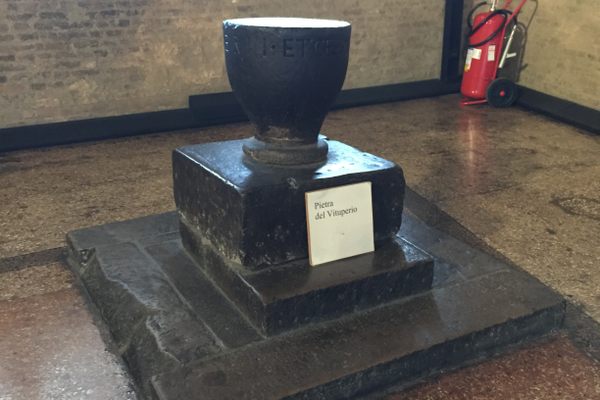
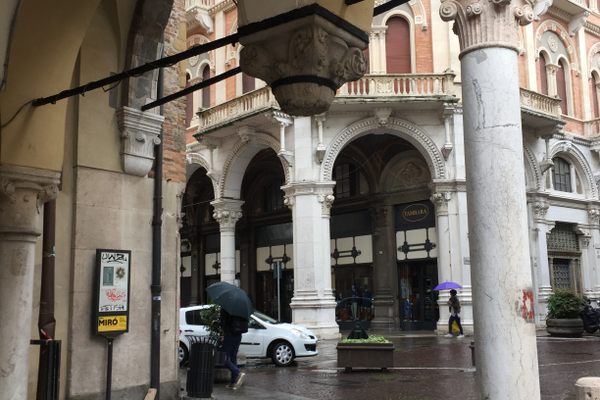
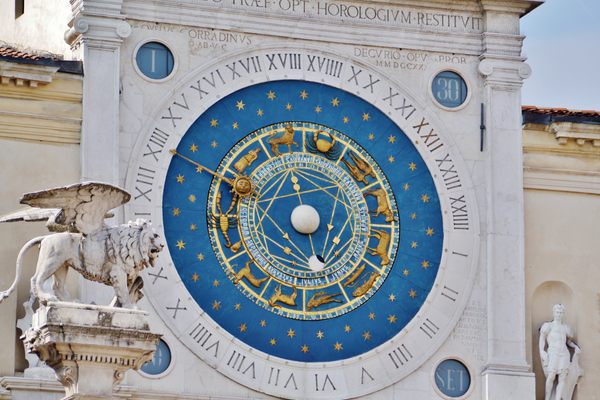

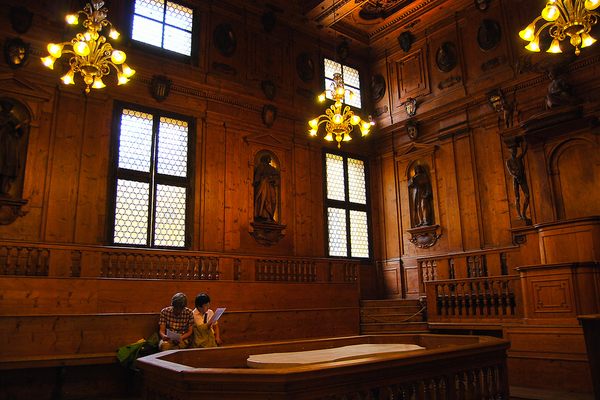
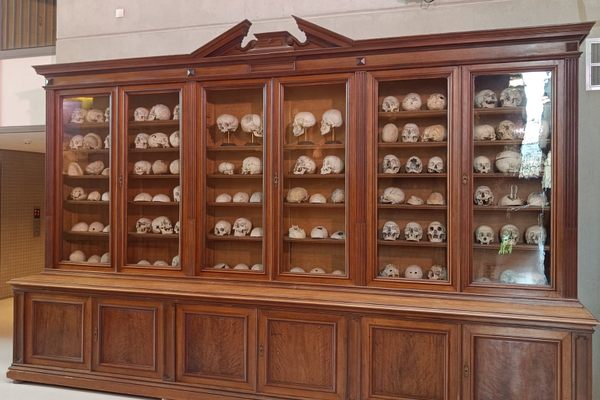
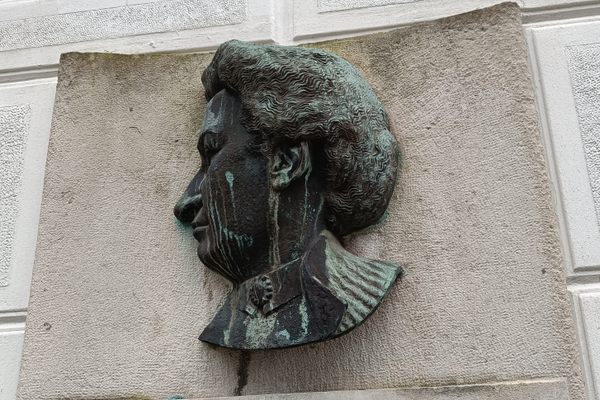
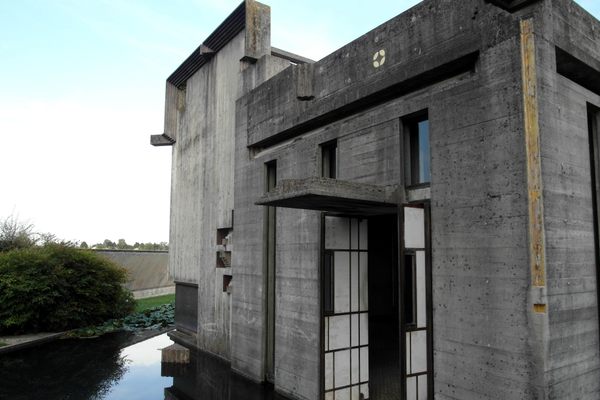

Follow us on Twitter to get the latest on the world's hidden wonders.
Like us on Facebook to get the latest on the world's hidden wonders.
Follow us on Twitter Like us on Facebook